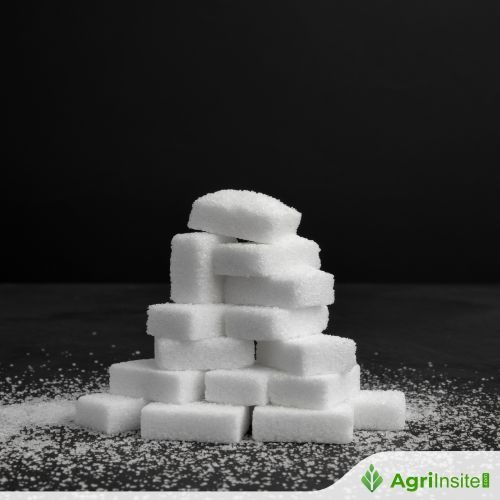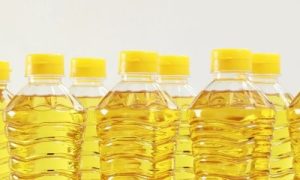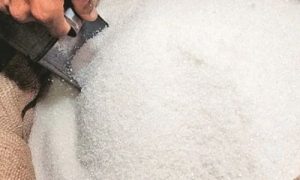Malaysia mulls removing sugar AP

The Malaysian government is weighing the removal of approved permits (APs) for refined white sugar imports to safeguard local producers like MSM Malaysia and CSR. Critics argue AP sugar undermines domestic output since imports, mainly from Thailand, are cheaper and tax-exempt. With capacity exceeding demand, surplus and health concerns persist.
The Malaysian government is considering removing approved permits (APs) for companies to import refined white sugar into the country.
“This is to protect the local industry,” said Federal Land and Development Authority (Felda) chairman, Datuk Seri Ahmad Shabery Cheek.
He declined to elaborate, saying discussions were ongoing.
Industry players also confirmed that such an effort was underway but remained guarded on details.
Felda, through the recently delisted FGV Holdings Bhd, owns a 51 per cent stake in MSM Malaysia Holdings Bhd, while Koperasi Permodalan Felda Malaysia Bhd has a 15 per cent stake. MSM Malaysia is one of two major refined sugar producers in Malaysia, the other being Central Sugar Refinery (CSR) Sdn Bhd.
Following allegations of monopoly, Malaysia eased regulations and began allowing companies to import refined sugar. In 2018, a Sarawak-based food and beverage manufacturer received such an AP, as then Domestic Trade and Consumer Affairs deputy minister Chong Chieng Jen explained. The company was allowed to import refined sugar from countries such as Thailand and Brazil, where prices were cheaper.
Chong had said during a Dec 27, 2018, press conference that it was previously almost impossible to get an AP, which was usually limited to a few companies allowed to import raw sugar for refining. As a result, industry players had no choice but to buy from those few firms that effectively monopolised the sector.
In 2023, the Domestic Trade and Cost of Living Ministry revealed that 37 companies were granted approval to import a total of 285,700 tonnes of refined white sugar that year.
Critics, however, argue that AP sugar challenges the local industry, as imported sugar is typically priced lower than locally produced sugar. In addition, sugar brought in under APs is exempt from tax, further disadvantaging local manufacturers and disrupting market stability. Much of the imported sugar comes from Thailand, with Malaysia described as a dumping ground for its excess supply.
Mydin hypermarkets managing director Datuk Ameer Ali Mydin, known for his outspoken views, had said Malaysian consumers could enjoy cheaper goods if APs were reduced or abolished. Speaking to Free Malaysia Today last year, he remarked: “For example, sugar requires an AP and government approval to be imported. Whether one gets it or not is a different story. There is no transparency.”
Meanwhile, there is an excess of refined sugar in Malaysia. The country’s monthly demand is estimated at 120,000 metric tonnes, while MSM Malaysia and CSR’s combined capacity is 220,000 metric tonnes, creating a potential surplus.
Malaysia also records among the highest sugar consumption levels in Southeast Asia, particularly among youth. The National Health and Morbidity Survey 2024 revealed that two in three adolescents, and one in two adults, consumed free sugar exceeding 7.5 teaspoons a day.
This prompted Putrajaya, in August last year, to reduce sugar use at official government functions. Prime Minister Datuk Seri Anwar Ibrahim had also urged Malaysians not to harm themselves by consuming excessive sugar without regard for its impact on health.
On Sept 3, the Perak government approved a working paper to address sugar consumption in the state.
To Read more about Sugar Industry continue reading Agriinsite.com
Source : Yahoo News















